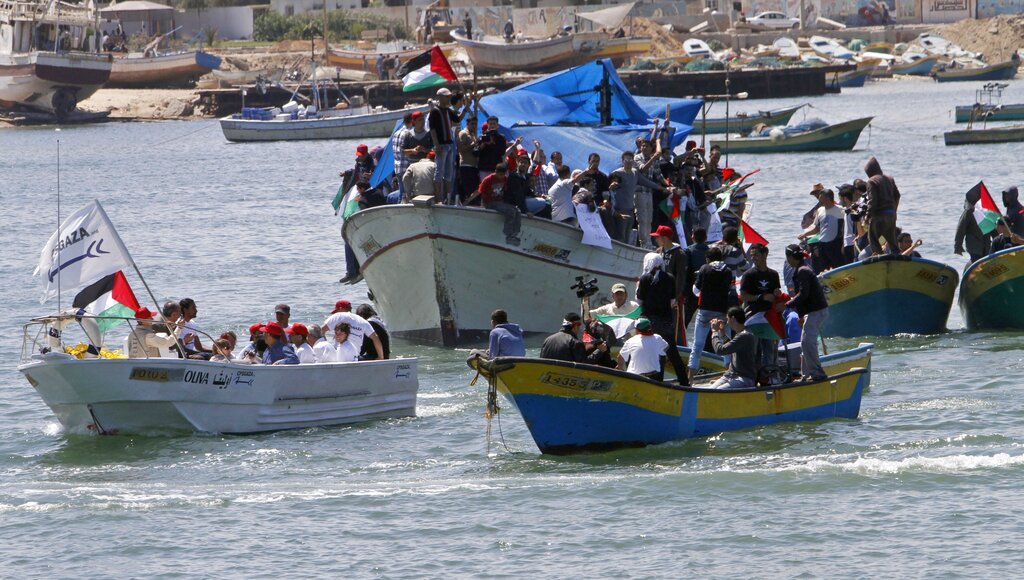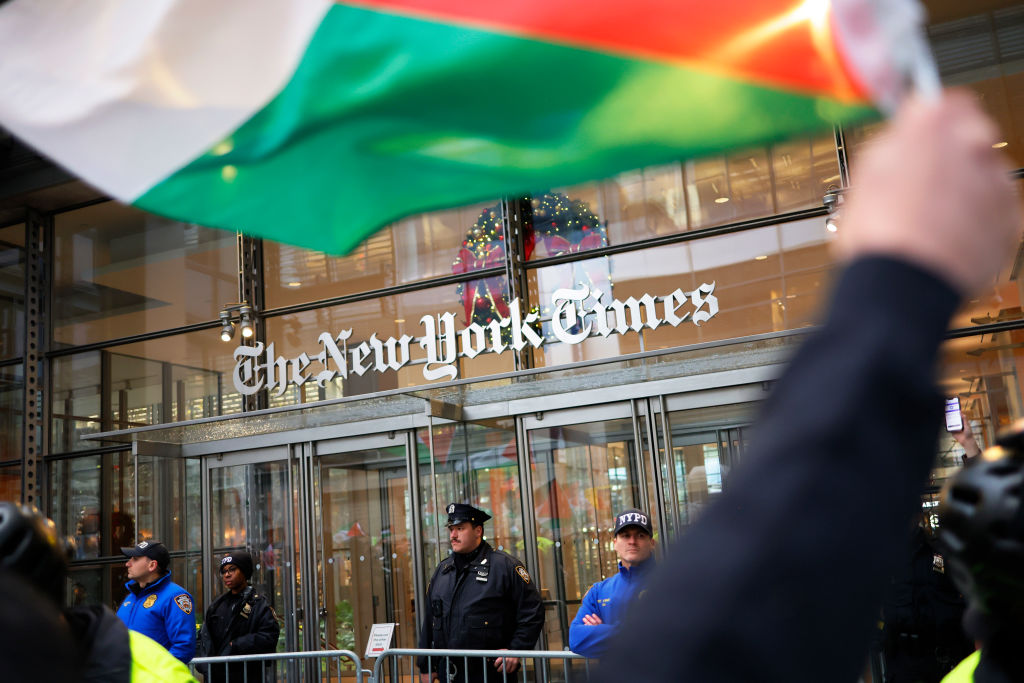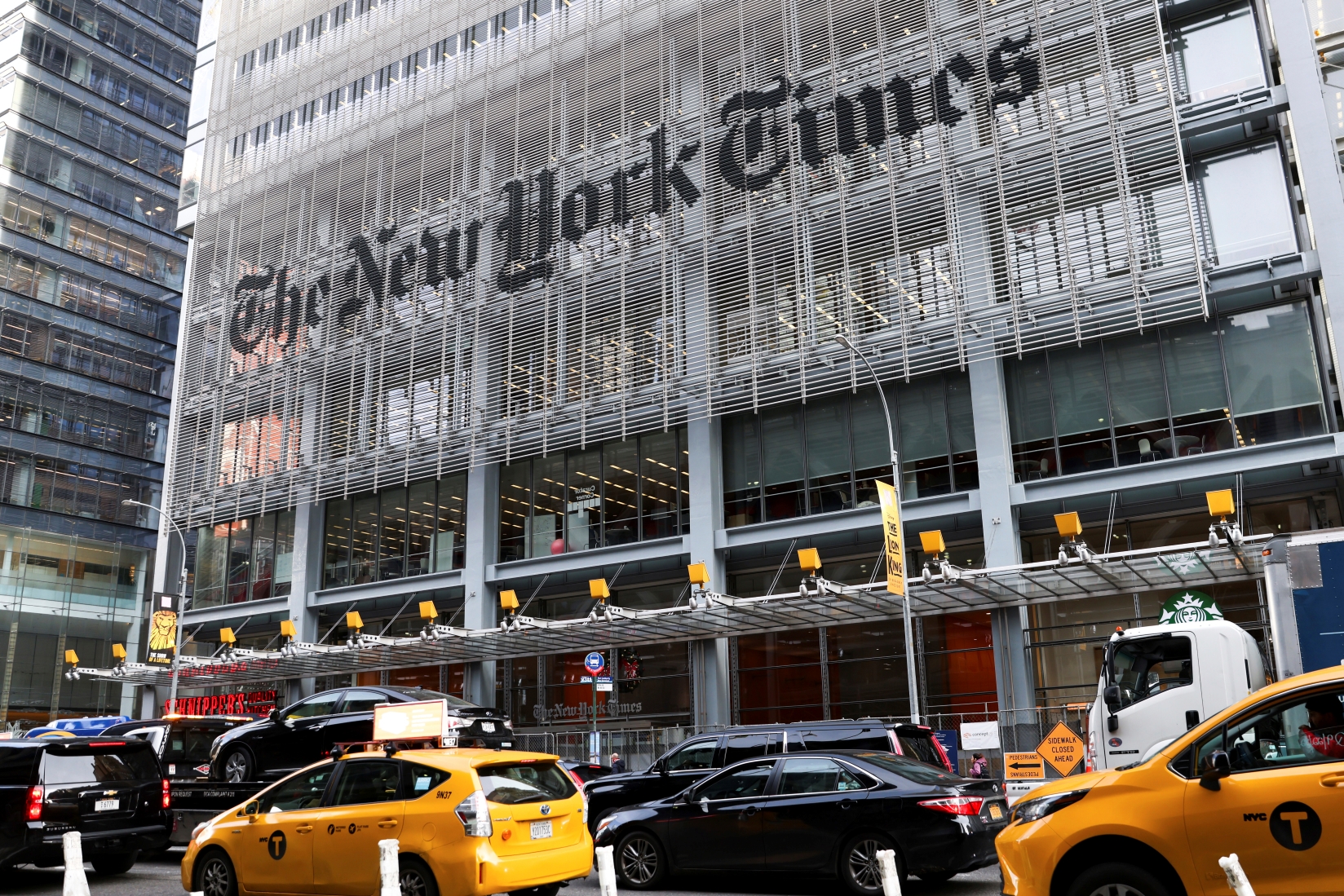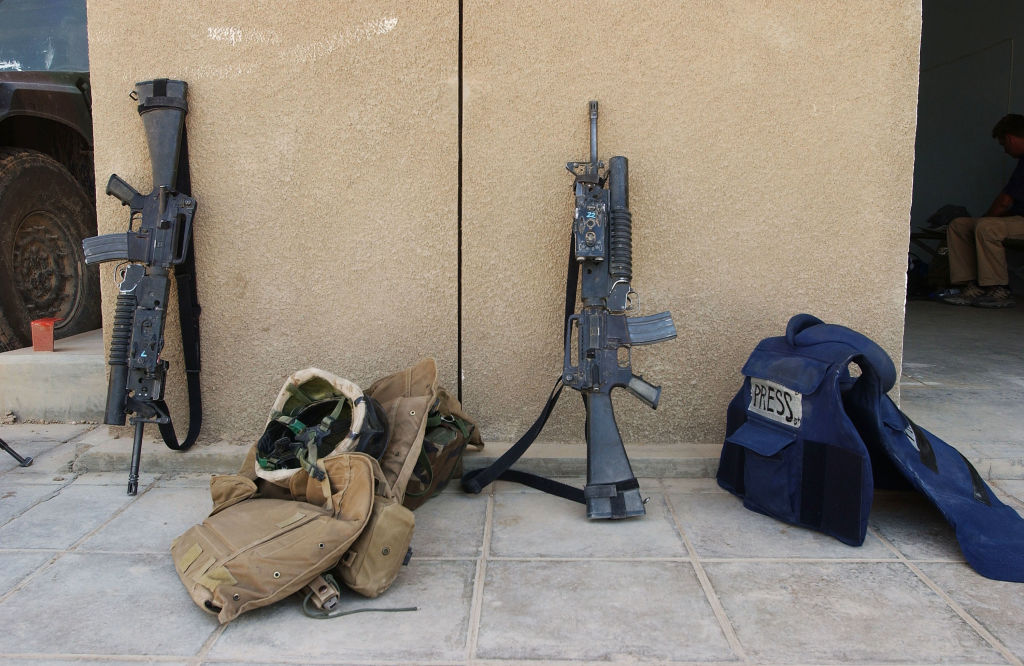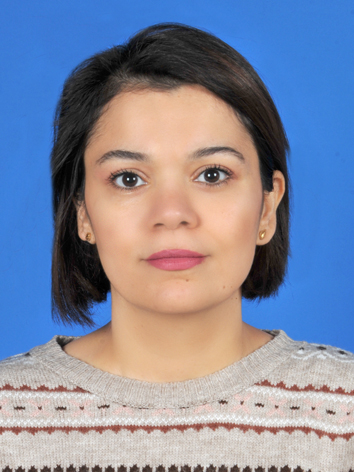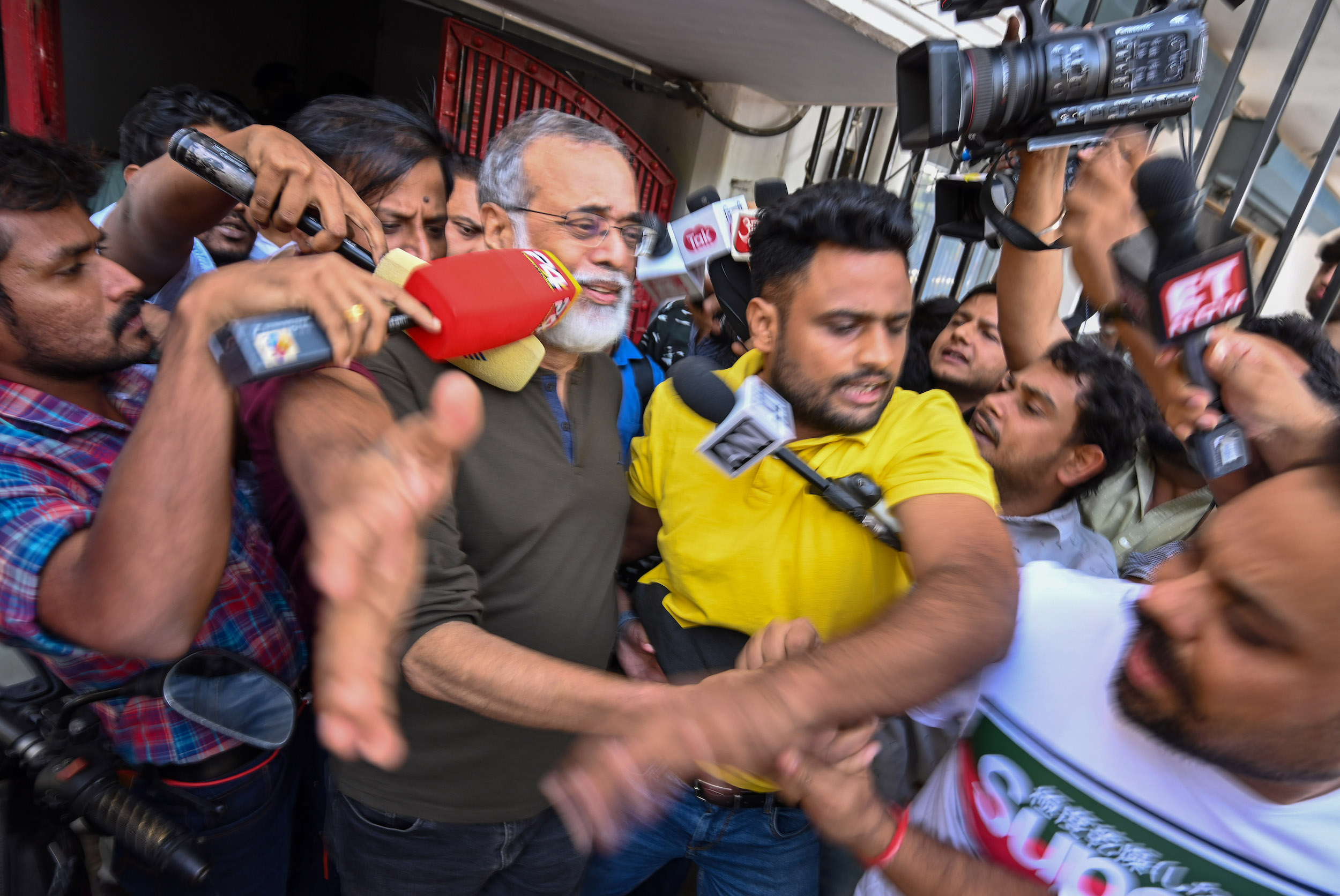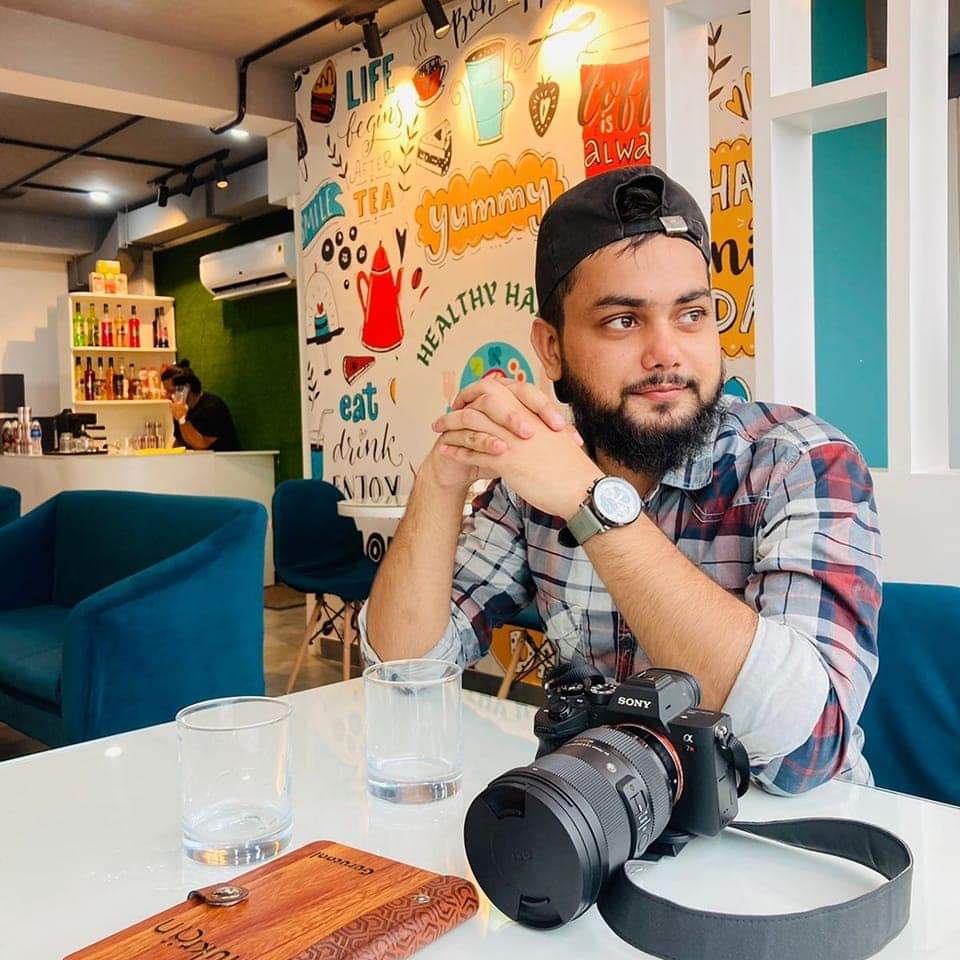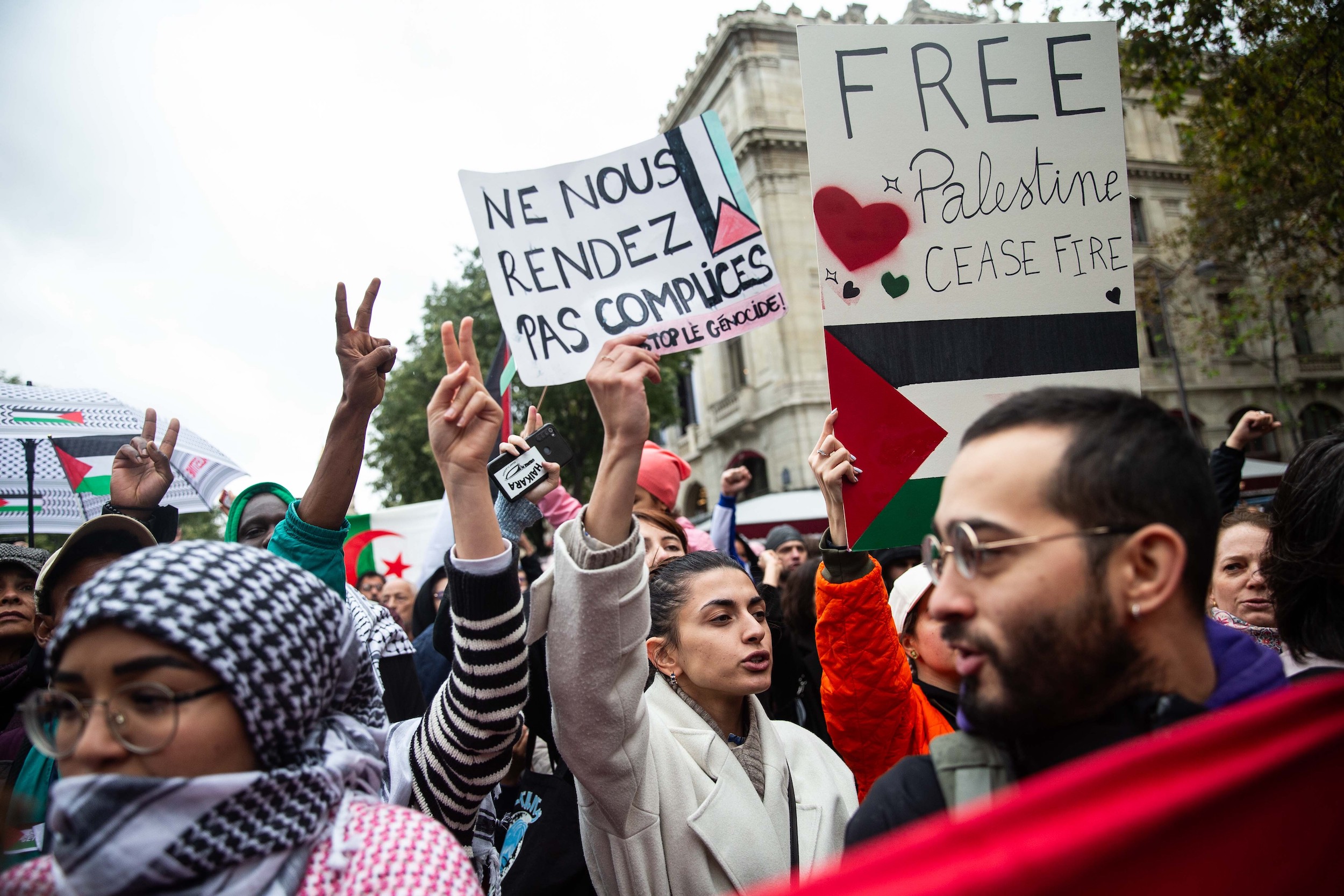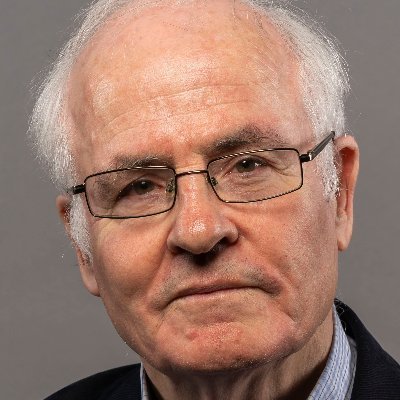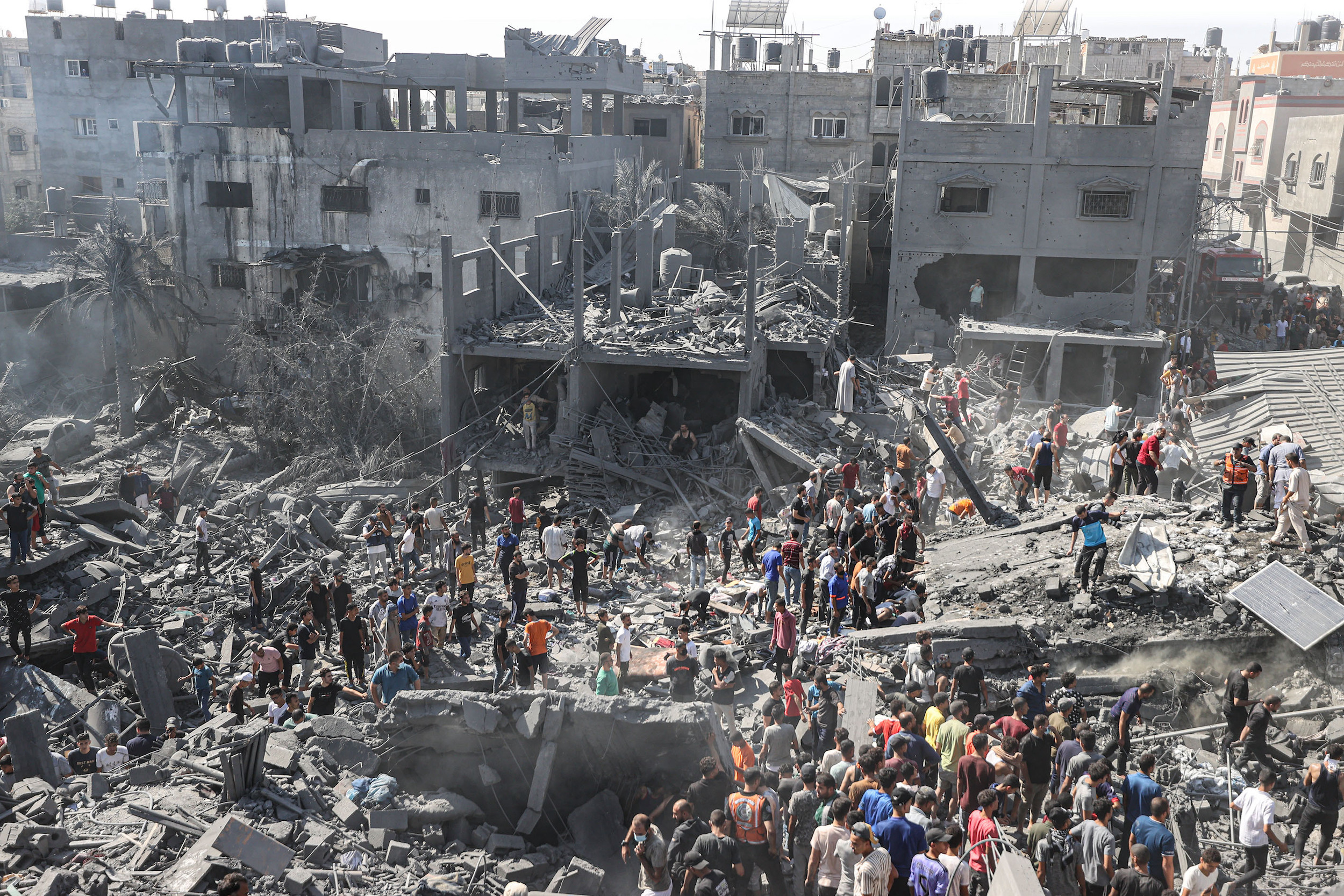في أحد الأفلام التي عملتُ عليها، وقعتُ في مشكلة مع زميلي المخرج حول ضيوف الفيلم الذي كان يتتبع قصة توغّل الجيش التركي في المنظومة السياسية التركية، ويبحث في انعكاساته على المجتمع والدولة والاقتصاد.
كنت قد وضعت قائمة ضيوف أغلبهم من الأكاديميين الذين درسوا ظاهرة تغوّل العسكر التركي، ولكن زميلي المخرج اعترض على القائمة وطلب أن تكون أغلبها من العسكريين، وثلثها من الأكاديميين. كما طلب أن يكون وزير الدفاع أو رئيس الأركان ضمن ضيوف الفيلم، فوقعنا في أزمة! كيف نخرج منها إذن؟
بطبيعة الحال، للأفلام الوثائقية التلفزيونية (التي تنتج لصالح التلفزيون) خصوصية كبيرة، فهي لا تخضع لقوانين أو أحكام واضحة، فتختلف بحسب الجهة المنتجة وتصوّر المنتج وما الذي يريده من الفيلم وما الذي يريد أن يصل إليه، فالمنتج هو القانون الذي يرسم الخطوط غالبا.
وفي فيلمنا، سنخضع لرؤية المنتج وسنحاول رسم ملامح لصورة اختيار الضيوف إذا كان تدخله محدودًا.
كنت قد بدأت بكتابة التصوّر الموضوعي الذي سيحدد معالم الفيلم، وبالتعاون مع المنتج قررنا أن نشرح قصة تدخل الجيش التركي في السياسة وانعكاساته من خلال نخبة من الأكاديميين المتخصصين في الشؤون المدنية والعسكرية الذين درسوا هذه الحالة، حيث يمكن أن يقدموا لنا مادة تفسيرية وتحليلية جديدة مختلفة عن القصة التي يرويها العسكريون الذين هم في الغالب شهود عيان يروون للمشاهد قصة انقلاب وقع في تركيا، وكيف استطاع الجيش السيطرة على مفاصل الدولة عبر بيان متلفز.
قصة من هذا النوع سمعها المشاهد كثيرًا وقرأها غير مرة، ولم يعد هناك شخص لا يعرف قصة انقلاب الجيش التركي على عدنان مندريس وإحكام سيطرته على الدولة عام 1960.
ولكن قلة فقط من المتابعين العرب رصدوا التباين في الانقلابات العسكرية التركية الأربعة، أو كيف أثر التغول العسكري على بنية المجتمع وفكره وعلى علاقة المدنيين بجيشهم ونظرتهم إليه؟
هذه أسئلة بطبيعة الحال قد تبدو جديدة على الفيلم الوثائقي العربي، إذ انحصرت الإجابة عنها عبر أوراق بحثية أكاديمية.
حين وضعت أسس الحلقة بناء على هذه الركائز التي -كما قلنا سابقا- تبحث في تفسير الظاهرة وتحليلها، وتغوص في أسئلة "لماذا وكيف" أكثر من أسئلة "هل ومتى وأين".. فكرتُ قبل كل شيء في البحث عن ضيوف يستطيعون فكها بعيدا عن المعطيات المعروفة.
كيف نختار الأكاديمي ونقيم أهميته من عدمها؟
القصة هنا بسيطة.. يكفي حصر المراكز البحثية الأكاديمية المهتمة بالموضوع - وما أكثرها- والبحث فيها عن دراسات وأوراق بحثية عن العلاقات المدنية العسكرية التركية ودراستها، والبحث عن كاتبها وإنجاز ملخص عن الدراسة وعن الضيف، ثم تجميع الدراسات والشخصيات واختيار الأفضل منها.
في هذا الفيلم، وجدت عشرات الدراسات من العالم العربي والغربي ومراكز بحثية تركية، وعندما لخصنا الدراسات توصلنا إلى مفارقات كثيرة بين من يحمل وجهة نظر مؤيدة لتغول العسكر ومن يحمّلهم مسؤولية ضعف الدولة والمجتمع. وثمة دراسات تناولت الموضوع تاريخيا، كما هناك من بحث فيها بالمنهج المقارن، ومن قارنها بانقلابات العالم العربي، ومن اختزلها في المنظور التركي.
وهنا اكتملت الصورة لتقديم مادة فيلمية تجمع المنهج التاريخي والمقارن المؤيد والمعارض بمعناه الواسع لا الضيّق، بينما بقي الإشكال في اختيار وزير الدفاع أو رئيس هيئة الأركان، وهما شخصيتان ترفعان مستوى أي ظهور إعلامي أو فيلم وثائقي أو حتى مقابلة صحفية، ولكن ما مبعث الإشكال في مشاركتهم في الفيلم؟
أولا- في الفيلم الوثائقي المبني على موضوع كالذي عملت عليه، سيصبح وجودهم عنصر ضعف لا نقطة قوة، لأن الشخصيات ستتحدث بشكل رسمي ودقيق وبحذر، ولن تستطيع أن تجيب على أسئلة الفيلم بموضوعية.
ثانيا- غالبا ما تبدي هذه الشخصيات تحفّظا على المشاركين في الفيلم ومضمون كلامهم، والحيز الزمني الذي سيشغلونه في الفيلم.
ثالثا- بحكم تجربتي، فإن غالبية هذه الشخصيات لا تفضل الظهور في الأفلام الوثائقية بشكل عام لأنها تخضع لمونتاج، وبالتالي إمكانية حذف وتركيب بعض الجمل، وهو ما يولّد لديها الخوف من تحريف كلامهم واستخدامه بطريقة مختلفة عن موضوع حديثهم.
اختيار الضيوف ليس مهمة سهلة، بل تحتاج إلى بحث دقيق ودراسات متأنية وموازنة لتصوّر الفيلم ورؤيته (التصور هو الناظم والحاكم).
في فيلم آخر، كنا نعمل بعيدًا عن رؤية محددة من المنتج، وهو فيلم تحقيقي عن نهاية غامضة لشخصية رسمية اعتبارية. عاد النقاش مع الزميل المخرج بخصوص الشخصيات، وطلب أن يكون شخص من عائلته في الفيلم يروي حياته الشخصية وتفاصيلها، وهنا اعترضت على طلبه، لأن رؤية الفيلم تحقق في حادث اغتيال وتفاصيله ومن يقف خلفه. وهنا كان الأجدى أن نبحث عن شهود عيان في مكان الاغتيال، ومن كان يرافق شخصيتنا قبل الحادث، ومن حقق جنائيًّا في الواقعة.
وسيكون الطبيب الشرعي الشخصية الأهم، والمحقق الجنائي الشخصية الأقوى للفيلم، والمسؤولين الرسميين من قضاة ورؤساء شرطة ووزراء داخلية الذين يُفترض أن يكونوا على اطلاع بقصة عملية الاغتيال أهم من عائلة الضحية، باستثناء ما إذا حصل شخص من العائلة على معلومة مؤكدة تساعد صانع الفيلم على إثبات نظرية أو نفيها، وليس البحث عن مكان ولادة الضحية وقصة طفولته وحياته العائلية.
في فيلم آخر، ونحن نتحدث عن مفكر لندرس أحد كتبه والجدل حول مضمونه وقصة منعه، ضمن عناصر محددة هي: جهة المنع التي تقف وراء نشر الكتاب، ومن نقد مضمونه، والأسباب التي أفضت إلى منعه. وهنا ليس مهمًّا استضافة أصدقاء الكاتب وعائلته، بل الأهم أن نبحث عن دار نشر الكتاب لمعرفة الدوافع التي أدت إلى تكفيره والدعوة لقتله.
الفيلم ينعكس على المشاهد بشخصياته، وكل صانع فيلم لا يحسن اختيار ضيوفه لن يُحسن رواية قصته.

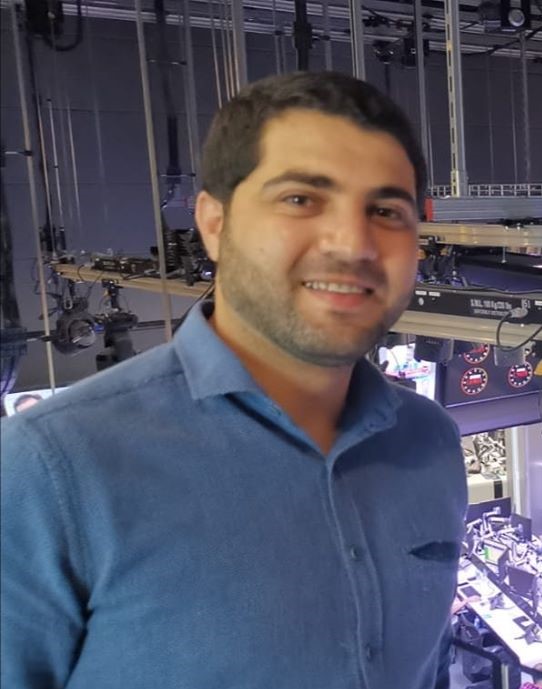


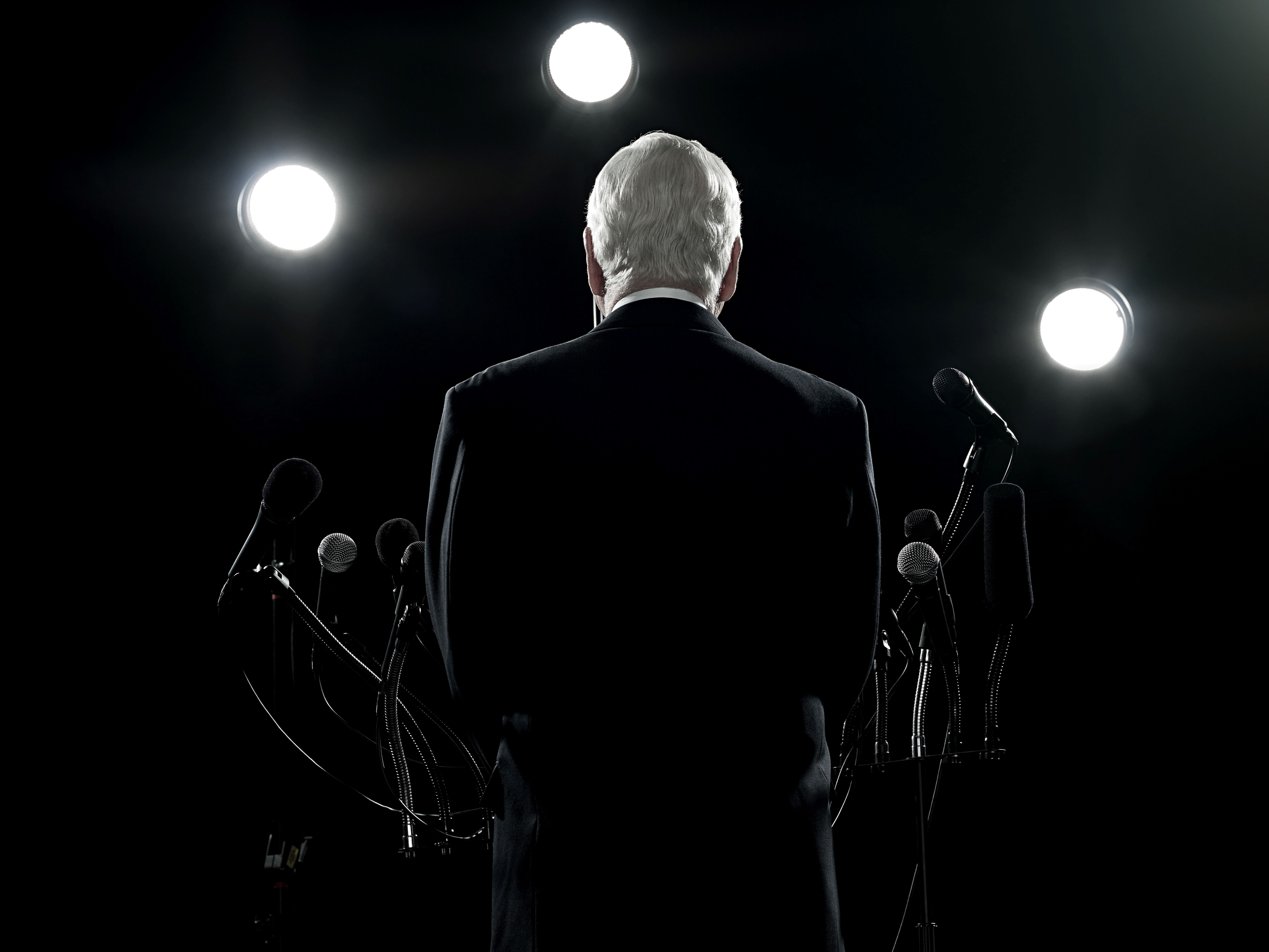



















![A demonstration against Israel's war on Gaza on Paulista Avenue in São Paulo on November 4, 2023, draws attention to the deaths of children while the media focuses on the war against terrorists. [Photo: Lina Bakr]](/sites/default/files/ajr/2024/Picture1.png)

